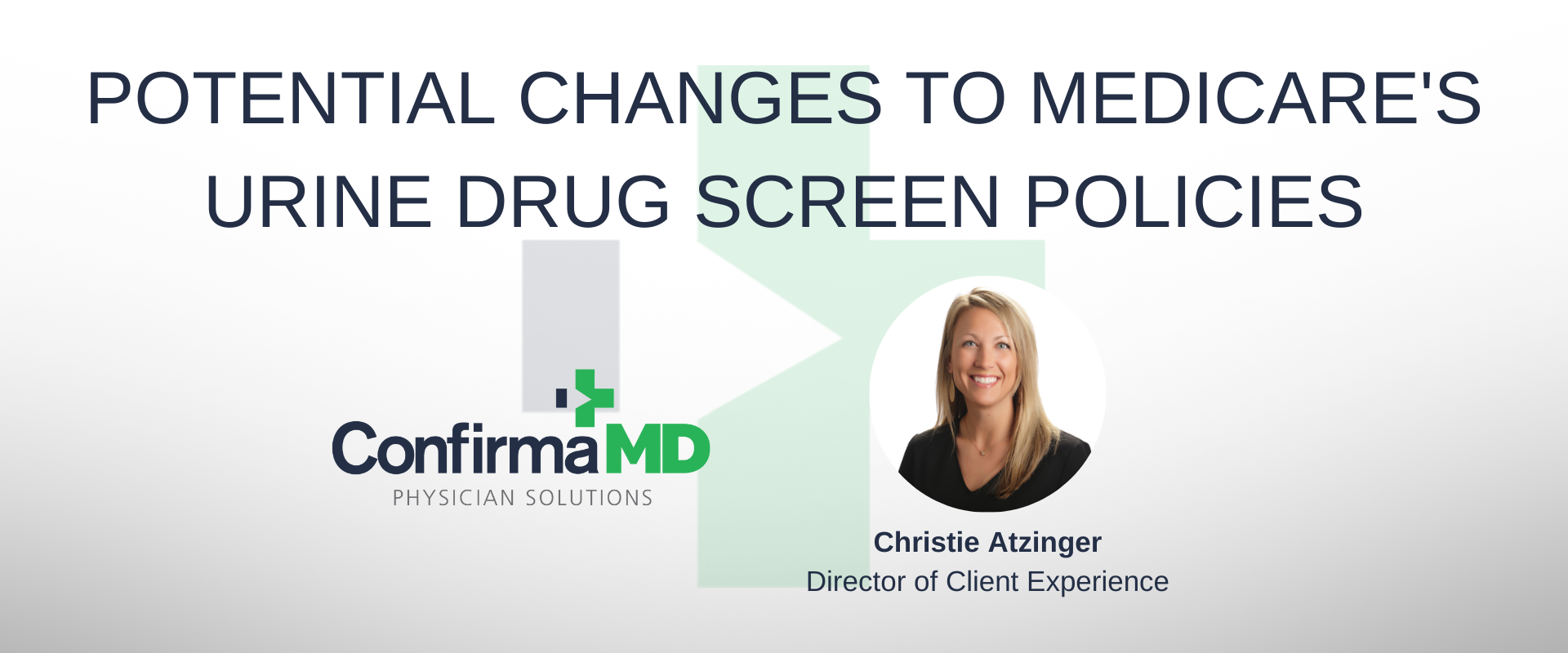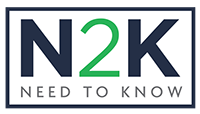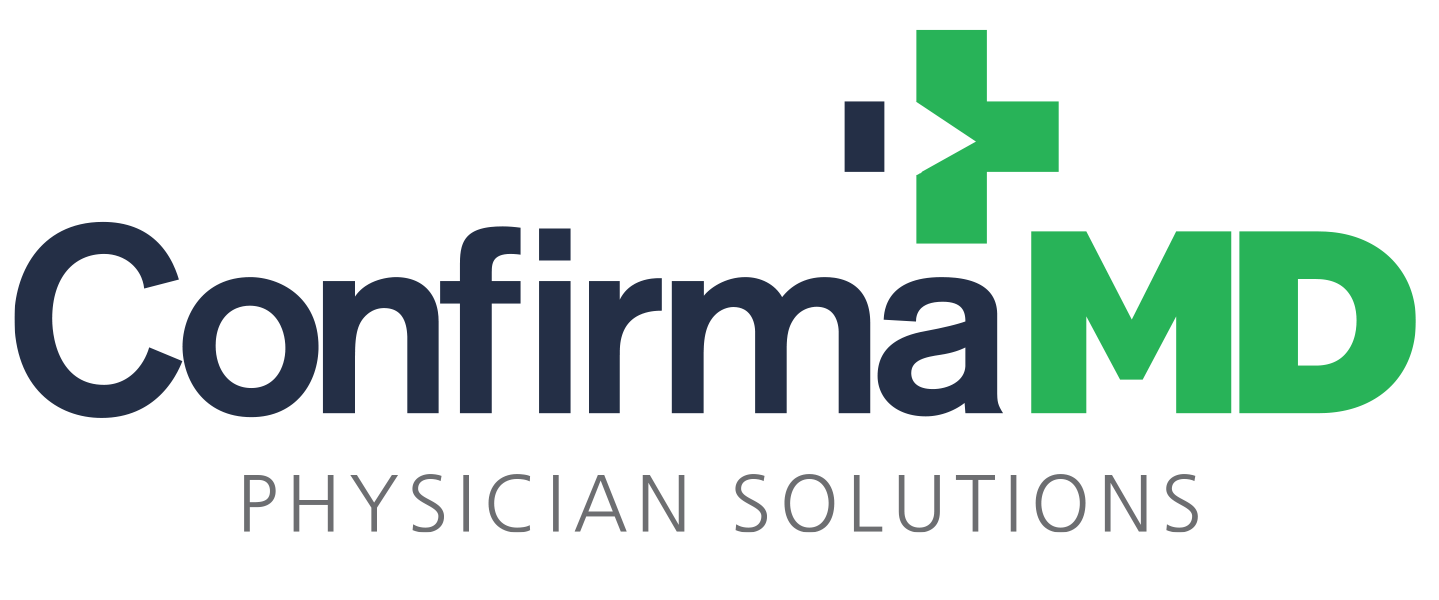

Urine drug screen testing may be deemed medically necessary in several situations, depending on the specific circumstances and a provider’s judgment. Here are some common instances where urine drug screen testing may be considered medically necessary:
- Monitoring medication compliance: Urine drug screens can ensure that patients take prescribed medications as directed, particularly in cases where there is a concern about potential misuse, non-compliance, or diversion of controlled substances.
- Substance abuse assessment: Urine drug screens are frequently used in a comprehensive evaluation to assess substance abuse or addiction. They can help providers identify the presence of illicit drugs or prescription medication misuse, helping develop appropriate treatment plans.
- Medication management in pain management or addiction treatment: For patients receiving treatment for chronic pain or substance abuse disorders, urine drug screens are often used to monitor medication adherence, detect the presence of unauthorized substances, or identify potential drug interactions.
It’s important to note that the medical necessity of urine drug screen testing is determined case-by-case, considering the patient’s medical history, symptoms, treatment plan, specific clinical indications, and other factors. A qualified healthcare professional should always decide to perform urine drug screen testing in accordance with established clinical guidelines and practices.
Medicare is reviewing a new urine drug testing policy for several Medicare Administrative Contractors (MACs). These policies are not currently in effect; however, keeping track of upcoming changes is essential. Some high points to note in these newly proposed policies are listed below:
1. Risk stratification: to determine a patient’s risk, an Opioid Risk Tool can be utilized to determine a patient’s risk level.
a. Low, Moderate, or High-risk levels
2. UDS utilization
a. Low risk: UDT 2 times in 365 days
b. Moderate Risk: UDT 2 times in 180 days
c. High Risk: UDT 3 times in 90 days
As stated, these policies are still under review with Medicare. Please reach out to your local MAC to obtain updated information for the state you practice in.
You can also reach out to Christie Atzinger, our Director of Client Experience, if you have questions or need help. Our Director of Client Experience, Christie Atzinger, can assist with your clinical workflows and more, informed by her 15+ years in healthcare. Christie supports clients and team members through various roles, including client relations, physician coding, medical billing, and contracting and credentialing. Christie is a certified coder and has historically worked closely with surgical clients, such as orthopedics, pain management, spine and neuro, and cardiology and vascular.
In her role at ConfirmaMD, Christie is intimately involved in the consulting aspect of the business. She recognizes the significance of staying current with the ever-changing healthcare coding and billing guidelines and regulations. She leverages her expertise to assist practices in establishing and implementing efficient processes and procedures. Furthermore, she understands the importance of provider education, ensuring healthcare professionals have the necessary knowledge to succeed.
Director of Client Experience, Christie Atzinger
Learn something valuable to your practice?
Stay notified of when we publish new blogs:

